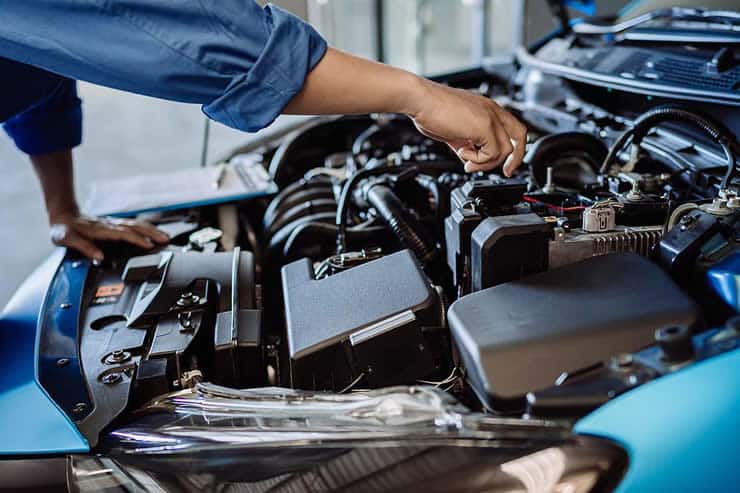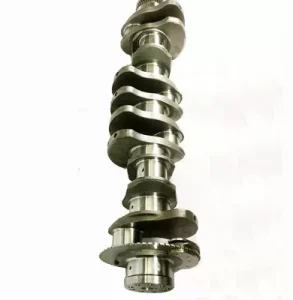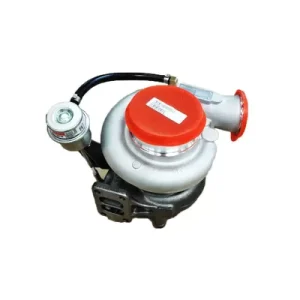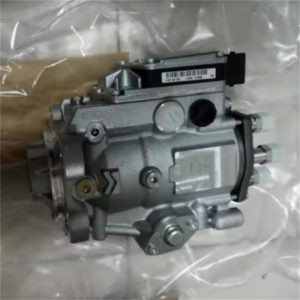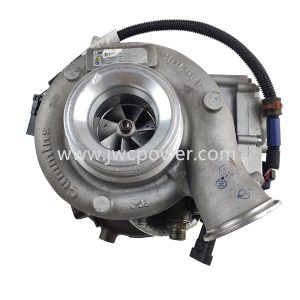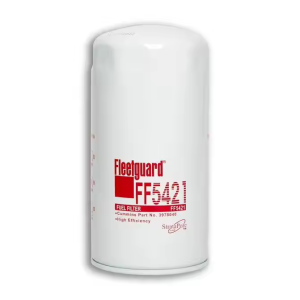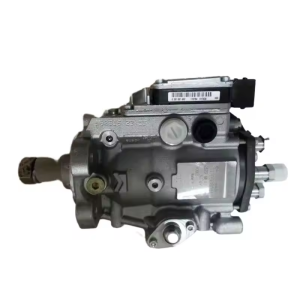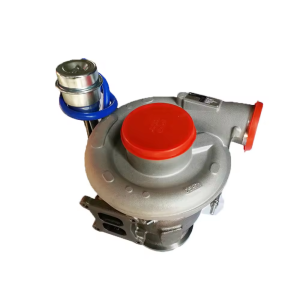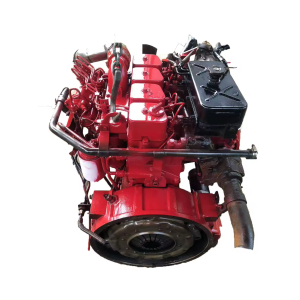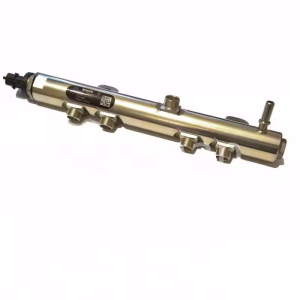A diesel engine lacking power can be a frustrating issue for vehicle owners. Whether it’s poor acceleration, difficulty towing, or trouble reaching high speeds, understanding the root causes is essential for effective troubleshooting. Read on to learn more about the potential causes of power loss.
1. Fuel System Issues
The fuel system plays a critical role in powering your diesel engine. Issues here can lead to significant power loss.
- Clogged Fuel Filter
A clogged fuel filter restricts the flow of diesel to the engine. This leads to insufficient fuel delivery, causing the engine to struggle under load. - Faulty/Dirty Fuel Injectors
Faulty or dirty fuel injectors may fail to spray the right amount of fuel into the combustion chamber. This results in inefficient combustion and reduced engine power. - Malfunctioning Fuel Pump
The fuel pump delivers fuel from the tank to the engine. A weak or failing pump cannot maintain the necessary pressure for fuel delivery, leading to performance issues. - Fuel Line Leakage or Air Intake
Air entering the fuel lines or leaks in the system disrupt fuel delivery. This causes irregular combustion, resulting in power loss.
2. Air Intake System Issues
Diesel engines require a steady flow of clean air for proper combustion. Therefore, air intake problems can directly affect performance.
- Clogged Air Filter
A dirty or clogged air filter limits airflow into the engine, leading to an air-fuel imbalance. This significantly impacts power output. - Air Intake Hose Leakage
Leaks in the air intake hose allow unfiltered air to bypass the filter and enter the engine. This can reduce efficiency and damage internal parts and components. - Turbocharger Problems (if equipped)
For turbocharged diesel engines, turbo issues like worn bearings or clogged vanes reduce air compression. This results in poor power delivery and lower engine performance.
3. Exhaust System Issues
The exhaust system removes gases produced during combustion. Blockages or malfunctions can cause a diesel engine to lose power.
- Clogged Exhaust Pipe
A clogged exhaust pipe restricts gas flow, increasing backpressure. This limits the engine’s ability to breathe efficiently, reducing power. - Clogged or Damaged Muffler
A damaged or blocked muffler affects exhaust flow, causing similar backpressure issues that lower engine efficiency. - Malfunctioning Exhaust Gas Recirculation (EGR) System
The EGR system recirculates exhaust gases to reduce emissions. If it becomes clogged or fails, it can disrupt airflow and cause poor engine performance.
4. Engine Mechanical Parts Issues
Additionally, mechanical wear and damage can also lead to a diesel engine lacking power.
- Worn or Damaged Piston Rings
Damaged piston rings will lead to compression loss, which reduces engine power output and efficiency. - Damaged Cylinder Gasket
A damaged cylinder gasket can cause leaks in the combustion chamber, leading to poor compression and significant power loss. - Valve Failure
Valve issues, such as improper sealing, affect the intake and exhaust processes, reducing engine power and efficiency.
5. Other Potential Issues
Besides the causes mentioned above, there are also some other potential issues related to the power loss of diesel engines.
- Glow plug issues: Faulty glow plugs can lead to poor cold starts, impacting power delivery.
- Overheating: Excessive engine temperature can cause power loss due to decreased efficiency.
- Poor quality fuel: Low-grade diesel can contribute to carbon buildup and reduced power.
Conclusion
Addressing the causes of a diesel engine lacking power starts with diagnosing the specific systems or components at fault. From fuel and air intake issues to mechanical wear, resolving these problems can help restore the engine’s performance and efficiency. In addition, regular maintenance and timely repairs are key to avoiding these issues altogether.

